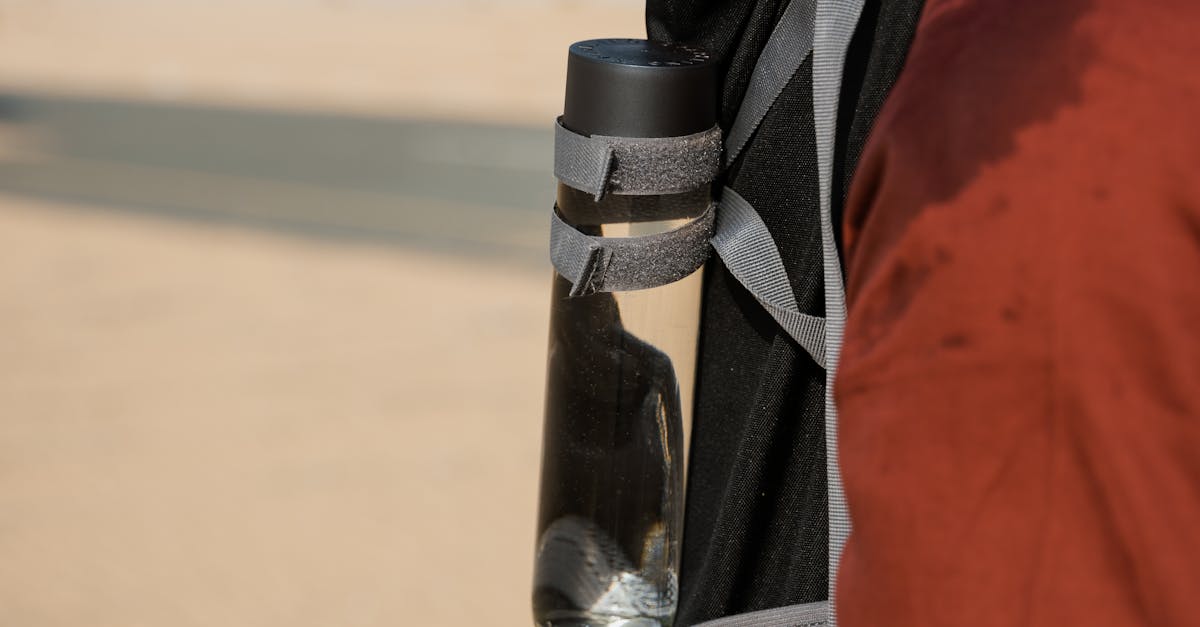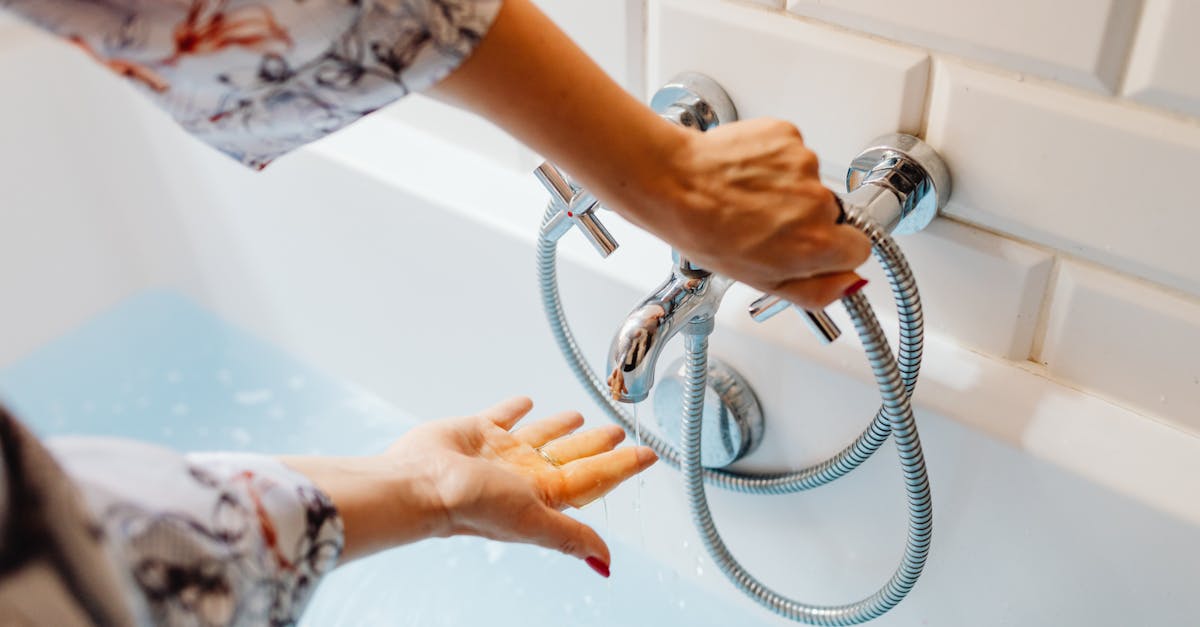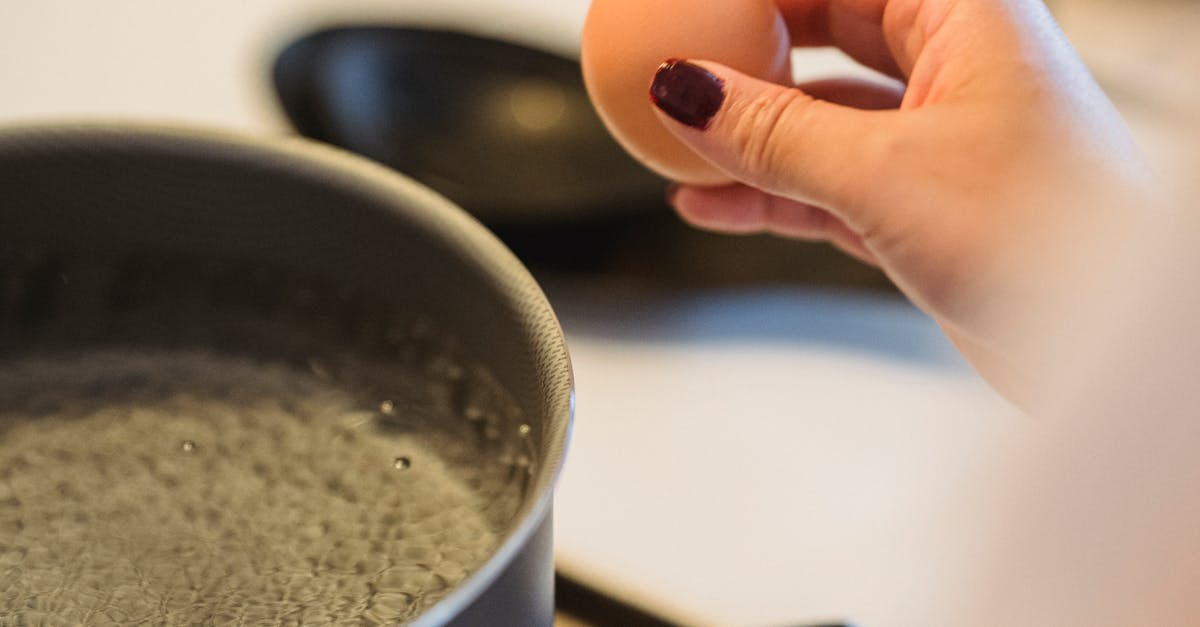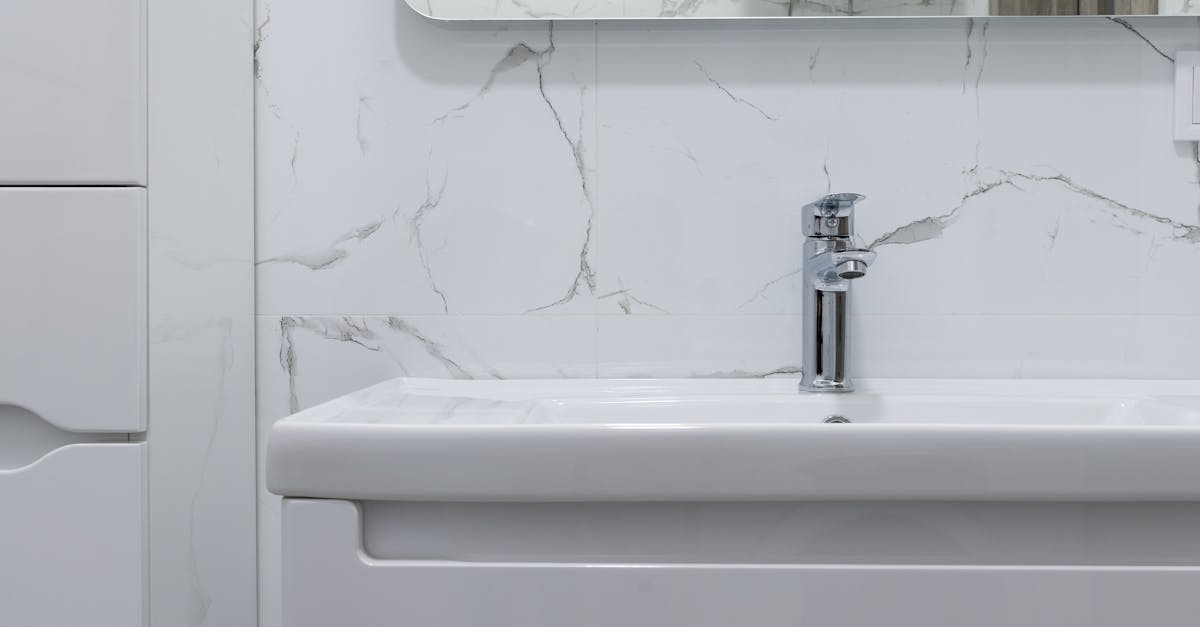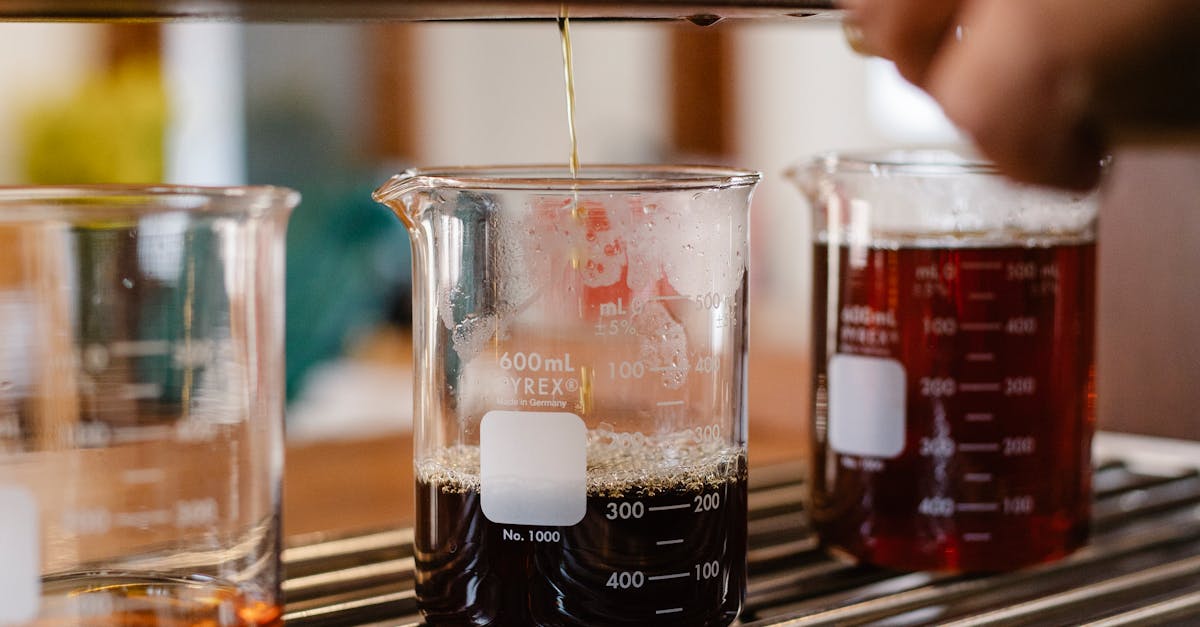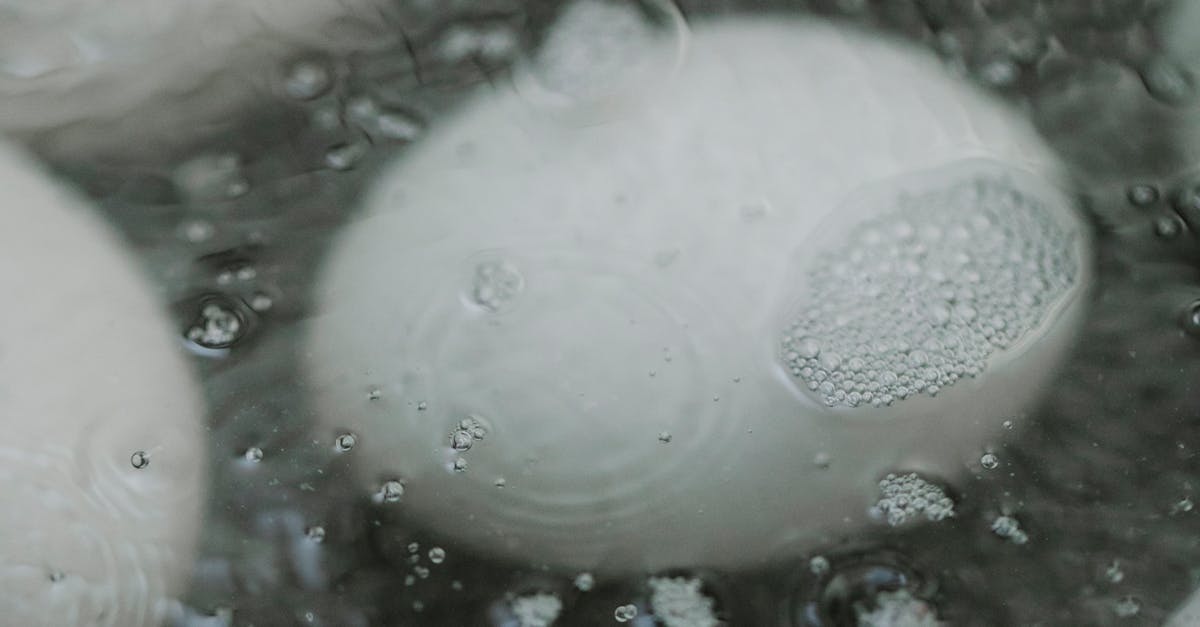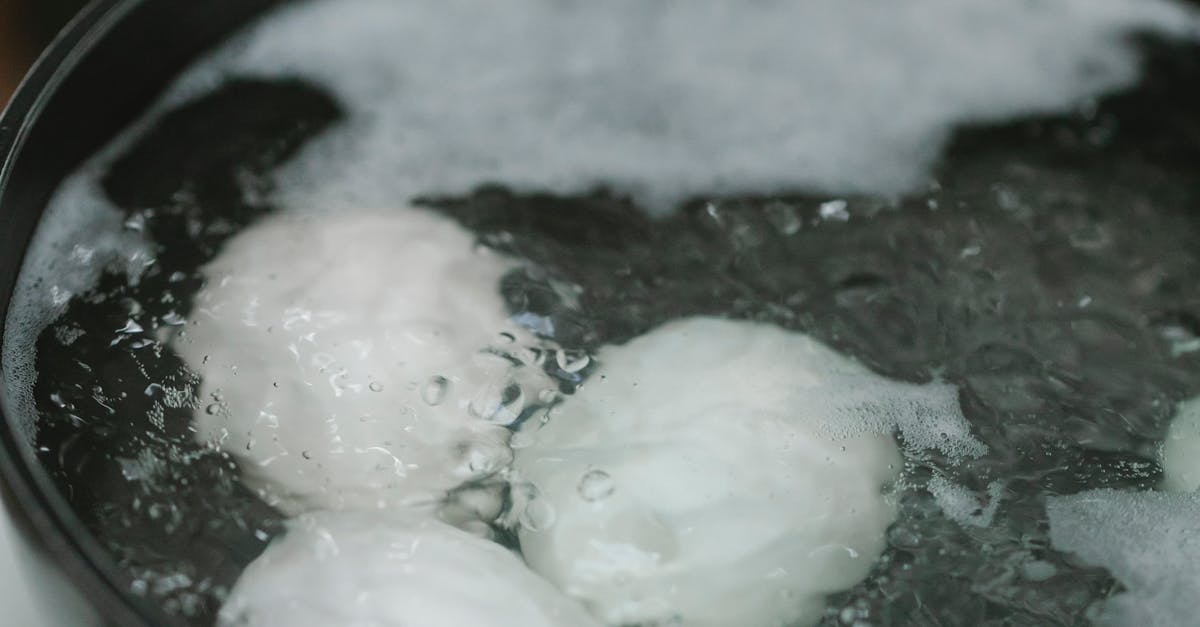
Table Of Contents
Heat Pump Hot Water Systems
Heat pump hot water systems utilise ambient air to heat water, making them a popular choice for many Australian households. These systems convert energy from the air into heat, which is then used to warm the water stored in a tank. Their efficiency can significantly reduce energy consumption compared to traditional electric or gas hot water systems. As a result, they often lead to lower utility costs in the long run.
When considering hot water installation, it is essential to factor in the sizing and placement of the heat pump system. They typically require more space than other types of hot water systems due to their outdoor unit. Proper installation is crucial to ensure optimal performance. Choosing a reputable installer can help maximise the system's efficiency and lifespan, providing homeowners with reliable hot water for years to come.
Efficiency and Operational Costs
When considering the efficiency of heat pump hot water systems, it is crucial to assess their operational costs relative to traditional systems. Heat pumps use electricity to transfer heat rather than generate it, resulting in significantly lower energy consumption. This technology offers an energy efficiency rating typically exceeding 300% under optimal conditions, making them a cost-effective choice. Homeowners can expect lower electricity bills, especially in regions with favourable climate conditions for heat pump operation.
Initial investment for hot water installation can vary, as heat pump systems may have higher upfront costs than conventional gas or electric heaters. However, the long-term savings in energy expenses often offset this initial spending. Maintenance costs are generally modest; however, regular servicing is advisable to ensure optimal performance. By understanding both the efficiency and operational expenses over the lifespan of the system, consumers can make informed decisions that align with their budget and environmental goals.
Comparing Different Systems
When comparing different hot water systems, it is essential to consider both energy efficiency and operational costs. Heat pump systems often stand out due to their ability to use ambient air to heat water, resulting in lower energy consumption compared to traditional electric or gas systems. Solar hot water systems also offer significant energy savings, harnessing the sun's energy and utilising a minimal amount of electricity for backup heating during cloudy days. These factors play a crucial role in determining the long-term expenses associated with hot water installation.
Additionally, lifespan and maintenance requirements can vary significantly between systems. Electric storage systems typically have a shorter lifespan and may require more frequent servicing, while heat pump and solar systems are designed for durability with proper maintenance. Regular checks can extend the life of these systems, making them a more economical choice over time. Homeowners should weigh these aspects carefully when considering which type of hot water installation best suits their needs and budget.
Lifespan and Maintenance Needs
The lifespan of a hot water system largely depends on the type of technology used and the quality of installation. Heat pump systems, for example, are known for their durability, often lasting up to 15 years with proper care. Regular maintenance is essential to ensure optimal performance and longevity. During maintenance, components should be inspected and cleaned to prevent issues such as sediment build-up, which can impact efficiency and safety.
Maintenance needs can vary based on the system type. Electric or gas hot water systems may require more frequent checks, particularly for safety mechanisms such as pressure relief valves. Performing a thorough hot water installation can reduce the likelihood of future problems. Engaging professionals for routine maintenance can also help diagnose potential issues early, ensuring the system operates efficiently throughout its lifespan.
Government Incentives and Rebates
In Australia, government incentives and rebates are available to encourage homeowners to invest in energy-efficient hot water systems. These financial incentives can significantly reduce the upfront costs associated with purchasing and installing a new system. Various state and territory governments, as well as the federal government, offer rebates aimed at promoting the adoption of renewable energy technologies, including heat pump systems. Homeowners should investigate local schemes to understand how these incentives can support their hot water installation needs.
In addition to rebates, some regions provide low-interest loans to help facilitate the transition to more efficient hot water solutions. This financial assistance is designed to make it easier for households to upgrade their existing systems without facing substantial financial burden. By taking advantage of these programs, consumers can not only lower their energy costs in the long term but also contribute positively to environmental sustainability. It is essential to stay informed about the current offerings to make the most of available support for hot water installation.
How to Access Financial Support
Accessing financial support for hot water installation in Australia involves navigating various government programs and incentives designed to encourage energy efficiency. Many states and territories offer rebates for renewable energy systems, including heat pump hot water systems. Homeowners can explore local grants and schemes that provide financial assistance based on specific eligibility criteria. It is beneficial to consult your state’s energy department website, which often outlines current offers and application procedures.
In addition to state programs, federal initiatives such as the Small-scale Renewable Energy Scheme can also provide valuable financial support for eligible hot water systems. Through this scheme, households can receive certificates that can be sold or traded for a monetary value, offsetting the initial costs of installation. Researching these options thoroughly can help homeowners identify the most advantageous financial pathways for their renewable hot water solutions.
FAQS
What is a heat pump hot water system?
A heat pump hot water system uses electricity to move heat from the air or ground to heat water, making it an energy-efficient option compared to traditional electric or gas systems.
How do I determine the most efficient hot water system for my home?
To determine the most efficient system, consider factors such as your household's hot water usage, the local climate, and the energy source available. Comparing the energy efficiency ratings and operational costs of different systems can help in making an informed decision.
What are the maintenance needs of different hot water systems?
Maintenance needs vary by system type. Generally, heat pump systems require less frequent maintenance compared to gas systems, which may need regular inspections and servicing for safety and efficiency. It's important to follow the manufacturer's guidelines for maintenance to ensure optimal performance.
Are there any government incentives for installing energy-efficient hot water systems in Australia?
Yes, the Australian government offers various incentives and rebates for installing energy-efficient hot water systems, especially heat pumps and solar hot water systems. These incentives can help offset the initial installation costs.
How can I access financial support for upgrading my hot water system?
To access financial support, check with your local government or utility provider for available rebates and incentives. Some programs may require you to use specific products or meet certain criteria, so it’s advisable to review the guidelines carefully.

